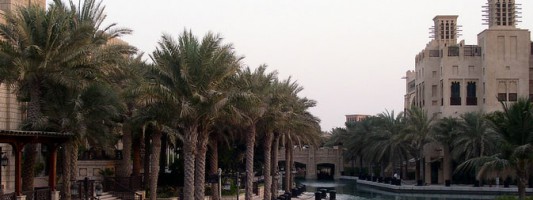Video from The Islamic Corporation for the Development of the Private Sector (“ICD”) presenting the structure of Murabah/Wakala as used in Line of Finance. »
Sukuk structures in accordance with the principles of Shari’ah are the same as the principles which apply to other products in Islamic law and finance. Real world case studies and guides produced by Latham and Watkins, and Linklaters. »
The Islamic finance industry has developed a wide range of Shari’ah-compliant financial products. To ensure that they meet this specification, they make use of contracts acceptable under traditional Islamic legal doctrine and also adapt conventional financial contracts so that they comply with the tenets of the Shari’ah. »
An Ijara contract is a contract of exchange which is popular due to its similarity to a conventional lease. Ijara contracts are used in Islamic Banking, Project finance as well as in Sukuk. »
Murabaha is a contract of exchange based on sale-and-purchase contracts with a predetermined cost and profit. The seller states the cost he has incurred on the asset to be sold and sells it to another person by adding some profit or mark-up to the buyer. »
Istisna is a contract of participation, whereby the funding party agrees to deliver a commodity or an asset at a pre-determined future time at an agreed pre-determined future time at an agreed price. »




